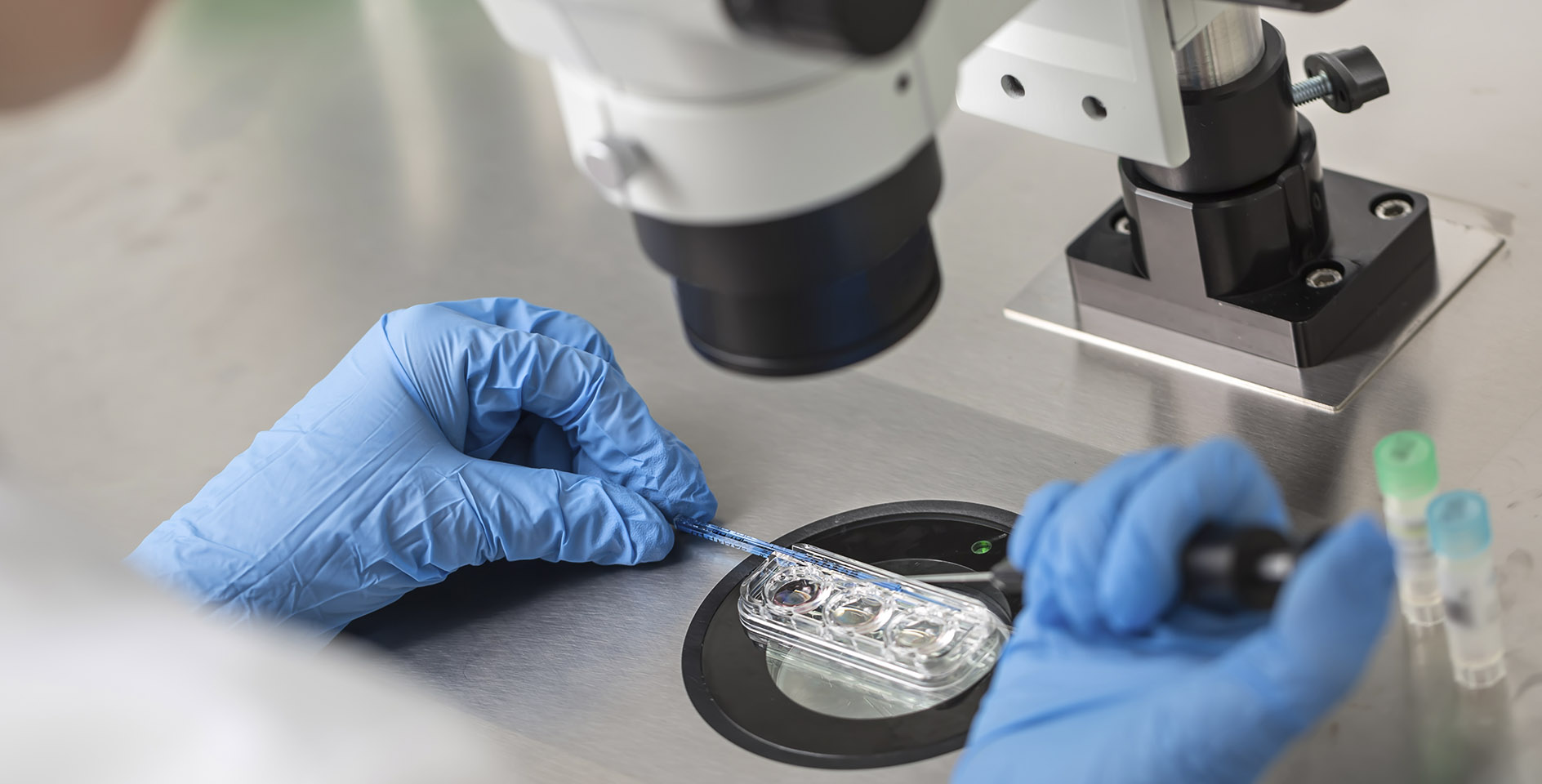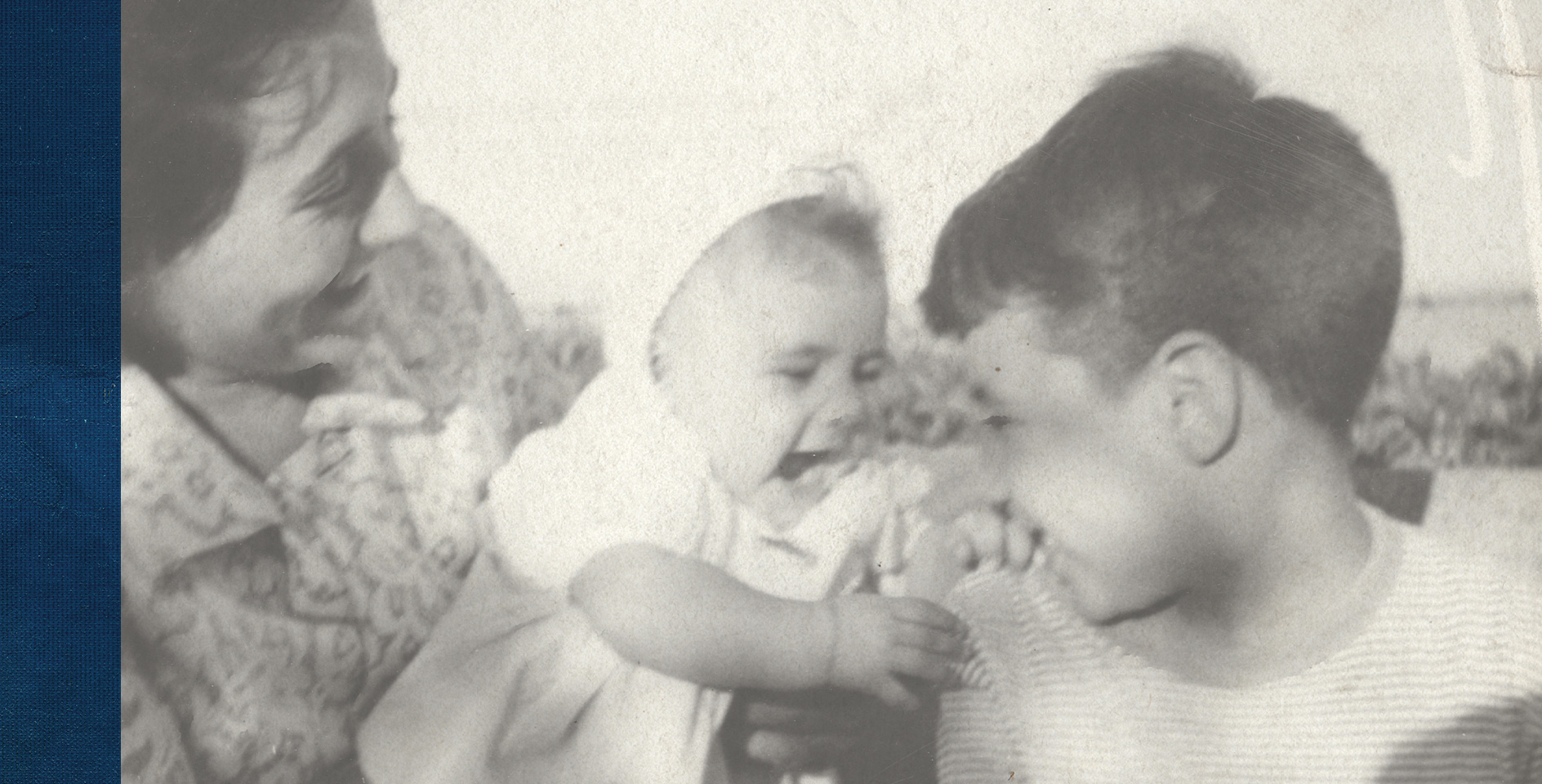The recent debates about whether Christians should vaccinate their children have once again raised questions about the use of vaccines that have been morally tainted by the use of cell cultures derived from aborted fetal tissue in the manufacturing of vaccines. This is such an important issue and we felt it warranted its own article to address some of the questions around the science and morality of the use of fetal tissue in vaccines.
How are vaccines made?
The basics of vaccine manufacturing work by taking the agent you desire protection from, growing that agent in a laboratory and then weakening or altering that agent in a way that makes it unable to cause infection. This weakening can be accomplished by altering the agent in some way or by only taking pieces of the agent to place in the vaccine.
The agent itself is incapable of growing on its own, therefore, it must be grown inside cells of another organism. These cell lines are derived from a single donor source and grown perpetually in the lab to allow the process to continue. These cell lines have been derived from multiple sources, including fetal monkey embryo and kidney cells, chicken and rabbit embryos and, unfortunately, aborted human fetal tissue.
The vaccine can then be injected into a human (child or adult) and the body will recognize that it needs to mount a specific immune response to that agent. Thus, if the person is exposed to the actual agent sometime in the future, they can mount an adequate immune response to prevent infection.
What is the history of the fetal tissue and how is it in use today?
There are several current vaccines that are grown in cell cultures derived from fetal tissue:
· the monovalent vaccines against rubella Meruvax® (Merck) (U.S.), Rudivax® (Sanofi Pasteur, Fr.), and Ervevax® (RA 27/3) (GlaxoSmithKline, Belgium);
· the combined vaccine MR against rubella and measles, commercialized with the name of M-R-VAX® (Merck, US) and Rudi-Rouvax® (AVP, France);
· the combined vaccine against rubella and mumps marketed under the name of Biavax® (Merck, U.S.),
· the combined vaccine MMR (measles, mumps, rubella) against rubella, mumps and measles, marketed under the name of M-M-R® II (Merck, US), R.O.R.®, Trimovax® (Sanofi Pasteur, Fr.), and Priorix® (GlaxoSmithKline UK).
· two vaccines against hepatitis A, one produced by Merck (VAQTA), the other one produced by GlaxoSmithKline (HAVRIX), both of them being prepared using MRC-5;
· one vaccine against chicken pox, Varivax®, produced by Merck using WI-38 and MRC-5;
· one vaccine against poliomyelitis, the inactivated polio virus vaccine Poliovax® (Aventis-Pasteur, Fr.) using MRC-5;
· one vaccine against rabies, Imovax®, produced by Aventis Pasteur, harvested from infected human diploid cells, MRC-5 strain;
· one vaccine against smallpox, AC AM 1000, prepared by Acambis using MRC-5, still on trial.
There are two particular cell lines in use today from these cultures. WI-38 is derived from an abortion carried out in the early 1960s by taking lung cells from an aborted female baby in the late first trimester. The abortion was carried out because the family felt that they already had too many children. MCR-5 is derived from an abortion carried late in the mid-1960s by taking fetal lung cells carried out for psychiatric reasons. There was no medical or other reason for aborting either fetus.
These particular fetuses were chosen for creation of cell lines to use for research (not necessarily vaccine production) based on the fact that the fetuses were considered healthy.
What are we to do today?
Knowing that these vaccines are safe and have saved millions of lives through their use, what are we to do with the history of how they have been manufactured?
Clearly, the process by which these vaccines are made is not ethically ideal.
Therefore, we should continue to advocate for use of alternatives when available and for the development of future vaccines to be carried out by other means.
The key consideration in whether using currently available vaccines is licit or immoral is whether there is material cooperation with the evil act of abortion. If the abortion was conducted in order to harvest tissues that were to be used for the vaccine, then it would clearly be immoral. But in the case of the vaccines listed above, the abortion was carried out for other reasons and the tissue was acquired post-mortem for the purpose medical research.
To determine the morality of using the tissue, it is helpful to compare it to another situation: the use of organs from a person who has been murdered. If a doctor were to offer to transplant a kidney or heart from the murder victim into a Christian, we would likely not have any objection. The primary concern would be whether the victim consented to organ donation prior to their death. But no one would say the Christian who received the organ was morally responsible in any way for the murder. Nor should we be overly concerned with the "slippery slope" of people being murdered in order to expand the number of organ donations. (If we saw evidence of that happening, however, we should change our objection.)
Currently, the use of the vaccines is not increasing the number of abortions that are being carried out every year. So the question is merely whether accepting the vaccine would be cooperating with the killing of the child in the 1960s. For a number of reasons, we would argue that is it not. The primary reason being that this situation is morally analogical to the case of the murder victim. For this reason we believe the use of the vaccines is justifiable based on the fact that we cannot change the way the cell cultures were obtained, there are no available alternatives, and the effectiveness of the vaccines as a means of preserving life and preventing suffering is clear.
We certainly respect the opinion of Christians who would disagree with our reasoning on this issue. However, we would add that a parent who refused to have their child vaccinated in order to avoid the connection—however remote—to the cooperation with abortion, is morally responsible for the outcome of that choice. If their child were to get sick and/or die because of the rejection of the vaccine, they would be morally responsible.
Unfortunately, we live in a fallen world where it is almost impossible to do good without some indirect connection to an act of evil. As Christians we should strive to avoid cooperating with evil and prevent it from occurring in the future (e.g., we should oppose the making of new vaccines using the ethically tainted tissue), but we should not risk the lives of our children in order to avoid a remote connection that is tangentially related to an evil act.
There are helpful and strategic ways we can advocate for pro-life issues. Neglecting the use of something so inherently pro-life based on its history is not one of them.








